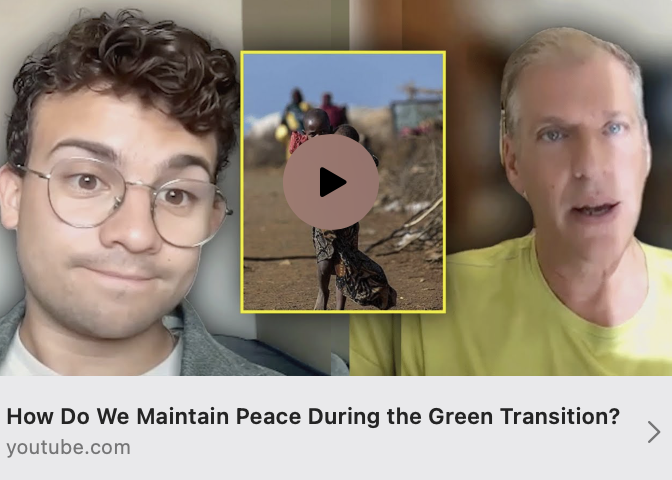News
New USC The Business of Green podcast
https://www.youtube.com/watch?v=f1QO-uBcx1g&t=110s
Sam Miles contributes to a new assessment report, “Digitalising Innovative Finance: Emerging instruments for early- stage innovators in low- and middle-income countries”

For the report, click here. Executive summary Digital technologies play a significant role in unlocking the potential of innovative financing mechanisms across the utilities sectors in Africa and Asia. Across […]
US, China [can] cooperate on green energy in rural areas
For the original click here, or navigate to China Daily: https://www.chinadaily.com.cn/a/202310/16/WS652c910da31090682a5e8aeb.html US, China cooperate on green energy in rural areas By MINGMEI LI in New York | Xinhua | Innovation in rural […]
Half of Americans can’t install solar panels. Here’s how they can plug into the sun.
Half of Americans can’t install solar panels. Here’s how they can plug into the sun. Advice by Michael J. Coren, Climate Advice Columnist, The Washington Post October 10, 2023 (for the original in The Washington Post, click here.) […]
ERG COLLOQUIUM — The Power of Health: Accelerating the 2030 Sustainable Development Goals

—————————————————————-ERG Colloquium———————————————————— September 20, 2023 Location: 141 Giannini Hall, University of California, Berkeley Time: 16:00 — 17:30 PDT Title: The Power of Health: Accelerating the 2030 Sustainable Development Goals Summary: Clean energy is undergoing […]
New USC The Business of Green podcast

https://www.youtube.com/watch?v=f1QO—uBcx1g&t=110s

You must be logged in to post a comment.